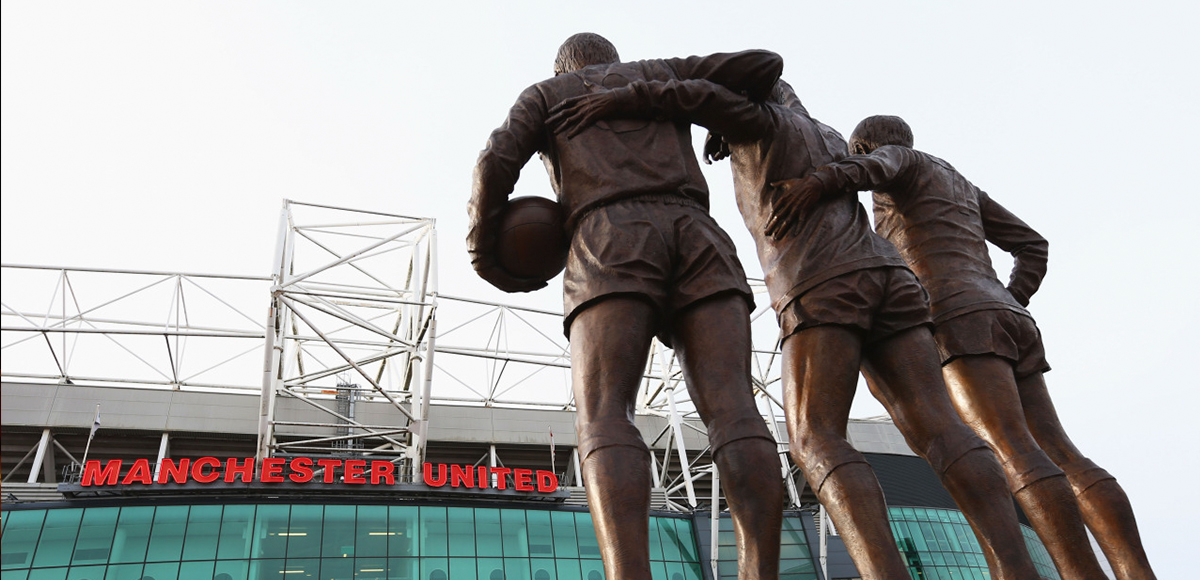Sir Jim Ratcliffe, the minority owner of Manchester United and head of INEOS, has found himself at the centre of significant controversy due to a series of stringent cost-cutting measures aimed at stabilising the club’s precarious financial situation. These decisions, though deemed necessary by Ratcliffe, have sparked outrage among fans and staff alike, with many questioning the impact on the club’s identity and long-standing traditions.
Financial Struggles and Cost-Cutting Measures
Manchester United has faced severe financial challenges in recent years, reporting cumulative losses of nearly £300 million over the last three years. Despite record revenues, these losses have placed the club in a precarious position concerning Premier League Profitability and Sustainability Rules. Ratcliffe has argued that drastic action is required to prevent further financial decline. He has already injected £240 million into the club to maintain operations, but this has not been enough to offset the mounting debt and operational costs.
To address these issues, Ratcliffe has implemented several controversial measures:
- Redundancies: Over 250 staff members were made redundant last year, with plans for an additional 100–200 layoffs currently under consideration. These cuts are part of a broader restructuring initiative led by INEOS executives such as Sir Dave Brailsford and Jason Wilcox.
- Ticket Price Increases: Matchday ticket prices have been raised significantly, with some now costing £66 per game. This decision, which lacks concessions for children or pensioners, has provoked protests from fan groups who argue it alienates loyal supporters.
- Cessation of Funding for Former Players’ Association: The club has also halted financial support for the Association of Former Manchester United Players, a move that many see as undermining the club’s heritage.
- Staff Departures: Long-serving staff members like Jackie Kay, who had been with the club since 1995 and was described as “the oil in the machine,” have been let go. Her departure has left staff “stunned,” highlighting the emotional toll of these changes.
Rationale Behind the Decisions
Ratcliffe maintains that these measures are essential for Manchester United’s survival and future competitiveness. He reportedly believes that without these cost reductions, the club risks insolvency. According to insiders, Ratcliffe feels there is a lack of understanding among fans about the full extent of United’s financial difficulties. The balance sheet is described as “severely stressed,” but Ratcliffe is confident that these tough decisions will lead to profitability and competitiveness within two years.
The cost-cutting measures are also intended to free up funds for investments in key areas such as player acquisitions and infrastructure. For instance, savings from redundancies are expected to generate up to £45 million annually. These funds could be redirected towards bolstering Ruben Amorim’s squad or upgrading facilities like Carrington Training Centre.
Impact on Club Culture and Fan Relations
While Ratcliffe’s actions may be financially prudent, they have undoubtedly strained relationships with fans and staff. Manchester United has long prided itself on being a family-oriented club with deep ties to its community and history. However, many feel this ethos is being eroded under INEOS’ ownership.
The decision to increase ticket prices has particularly angered supporters, leading to protests outside Old Trafford. Fan groups such as The 1958 and Fan Coalition 58 have expressed their discontent in open letters to club executives. In response, Manchester United acknowledged their financial challenges but reiterated their commitment to making tickets accessible for future generations.
Similarly, the dismissal of Jackie Kay has been met with widespread criticism. Her decades-long service and integral role in team operations made her a beloved figure among players and staff. Former player Ashley Young described her as “the mum to everyone,” underscoring her importance beyond her official duties.
Future Prospects
Despite the backlash, Ratcliffe remains focused on his vision for Manchester United’s revival. His plans include potential renovations at Old Trafford or even constructing a new stadium projects that could cost between £1.5 billion and £2 billion. Additionally, investments in training facilities aim to modernise the club’s infrastructure.
On the pitch, new manager Ruben Amorim faces immense pressure to deliver results amid limited resources. The January transfer window saw only one signing Patrick Dorgu from Lecce for £25 million highlighting the financial constraints affecting squad development.
Ratcliffe’s tenure represents a pivotal moment in Manchester United’s history. While his measures may secure financial stability in the long term, they risk alienating fans and dismantling the club’s cherished culture. Balancing fiscal responsibility with preserving United’s identity will be crucial as he navigates this challenging period.


